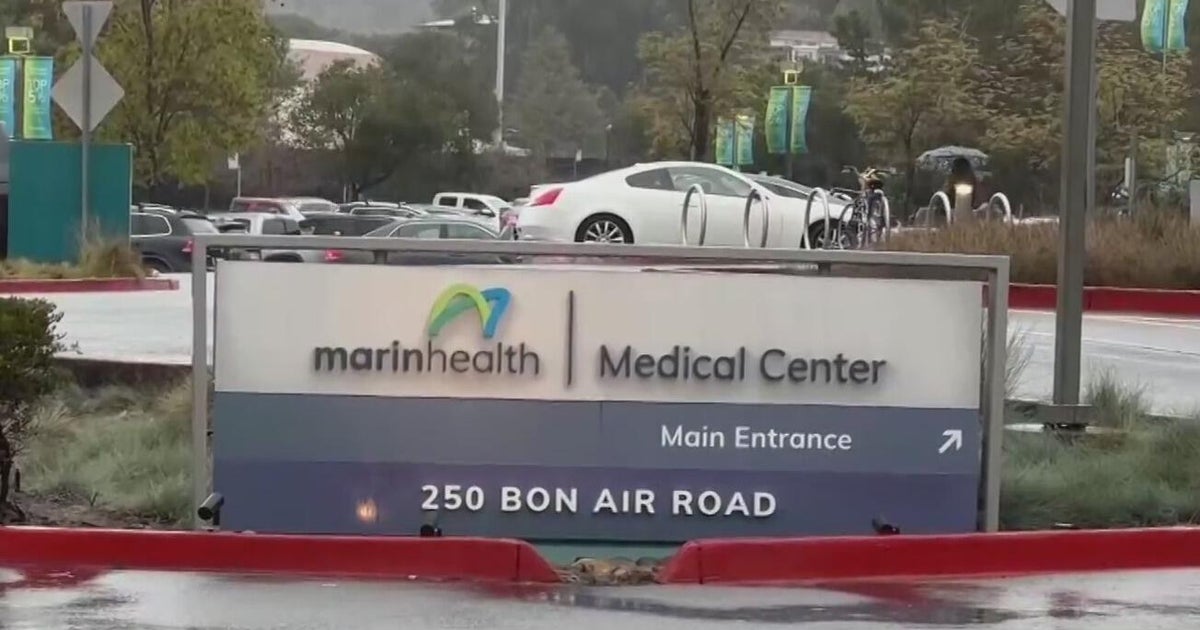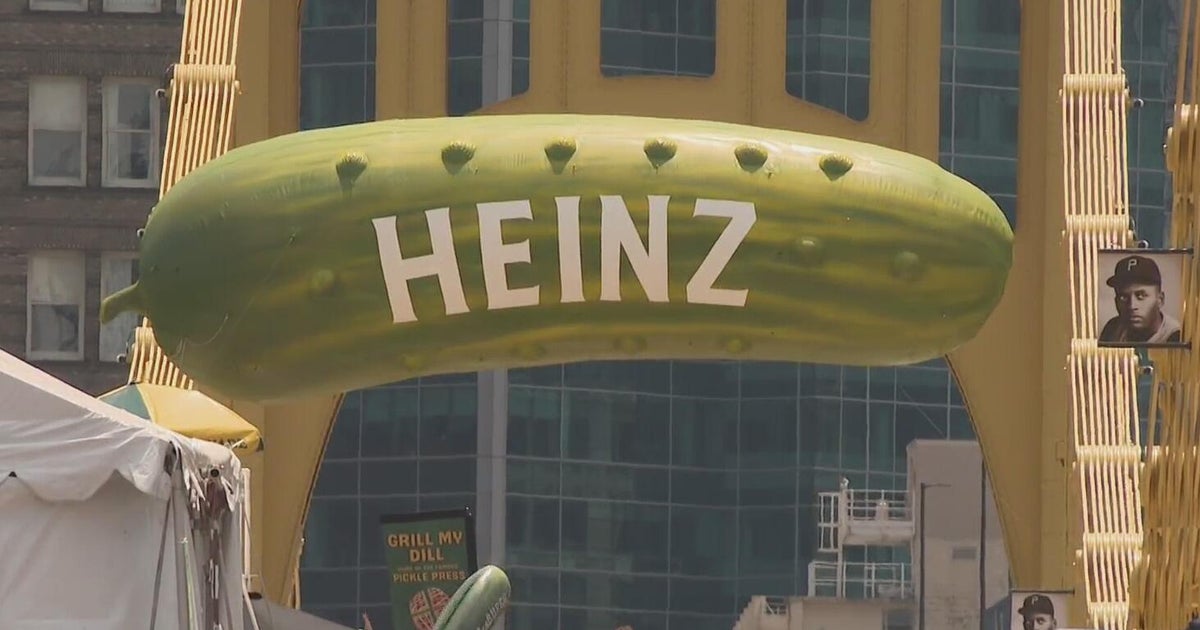New York's food delivery bicyclists and drivers demand more workplace rights
Food delivery workers in New York City, fresh off winning rights to transparency in tipping and the use of restaurant bathrooms, joined with ride-share drivers Tuesday in pressing for more protections, including better wages, health care and the right to unionize.
Groups representing about 100,000 such app employees announced the formation of a new coalition, Justice for App Workers, that would push for new measures they say would "achieve dignity" for drivers and the city's fleet of delivery workers.
The vast majority of app workers in New York City are immigrants. Reliable statistics on the number of app workers aren't available, but estimates put the number at tens of thousands — many of them lured into the industry by the flexibility of schedules, the need to supplement income, or out of a lack of other options.
But for most, delivering is a full-time job, according to a survey last year from Cornell University's School of Industrial and Labor Relations and the advocacy group Los Deliveristas Unidos. The report found that two-thirds of delivery drivers work at least six days a week and average just over $12 an hour, including tips — well below New York City's minimum wage.
"We're moving the city"
"We are delivery workers or Uber drivers. We're moving the city. ... They want good food, and we deliver it to their door," said Ranjit Geuli, a member of the United Delivery Workers Association and a driver for Uber and Uber Eats for five years.
"We have no protection. ... Our jobs are unsecured," said Geuli, an immigrant from Nepal, who called for a union at a rally near City Hall. "If we all come together, it will be a big voice."
Most of the coalition's members are based in New York City, but it also represents members in parts of neighboring regions. The coalition hopes its advocacy will ripple into movements across the country.
The ride-sharing industry was hit hard by the COVID-19 pandemic but remains a multibillion-dollar industry. At the same time, apps like DoorDash and UberEats have flourished as diners shunned restaurants in favor of home delivery. The food delivery business generates more than $150 billion worldwide, according to an analysis by McKinsey & Co.
Those numbers have riled advocates who say workers aren't getting their fair share.
"App workers run New York City. Without app workers, New York City would be at a complete standstill," said Aeraj Kazi, a driver advocate. "Justice for App Workers is about finally being able to step up against these big dogs."
The coalition, which includes the NYC Rideshare Club, United Delivery Workers Association and seven other groups, said many of its members struggle to pay rent, keep up with car payments and provide for their families.
Immigrants like Peng Fei Zhang, who must support a family of five, say they have little choice but to take delivery jobs because their poor command of English makes it more difficult to land other jobs.
In a statement, the ride-sharing company Lyft said it was willing to work with its drivers "to strengthen app-based work, prioritizing earnings, safety and protecting the independence and flexibility drivers want." Uber CEO Dara Khosrowshahi has previously called for app companies to pay some workers' benefits.
Two years ago, Uber, Lyft, DoorDash and other delivery companies backed a successful effort in California to exempt themselves from paying minimum wage and overtime. After the proposition passed, Khosrowshahi said he intends to push for similar laws in other states.
Hard-fought gains
Last month, some new protections for workers went into effect in New York City, among them the right to use restrooms at restaurants for whom they are delivering food.
The online firms that employ them must also reveal how much customers tip and must tell workers how much they earned on a daily basis.
Until the new law, food delivery workers were at the mercy of restaurant owners who didn't always grant them permission to use their facilities. Some resorted to carrying bottles in which to urinate, said Dachuan Nie, the president of the International Alliance of Delivery Workers, who himself continues to deliver food to earn a living.
The coalition said it is focused on advocating for living wages, better safety, quality health care, reliable bathroom access, the right to form a union, and protections against being unfairly blocked from receiving work.
CBS News' Irina Ivanova contributed reporting.



